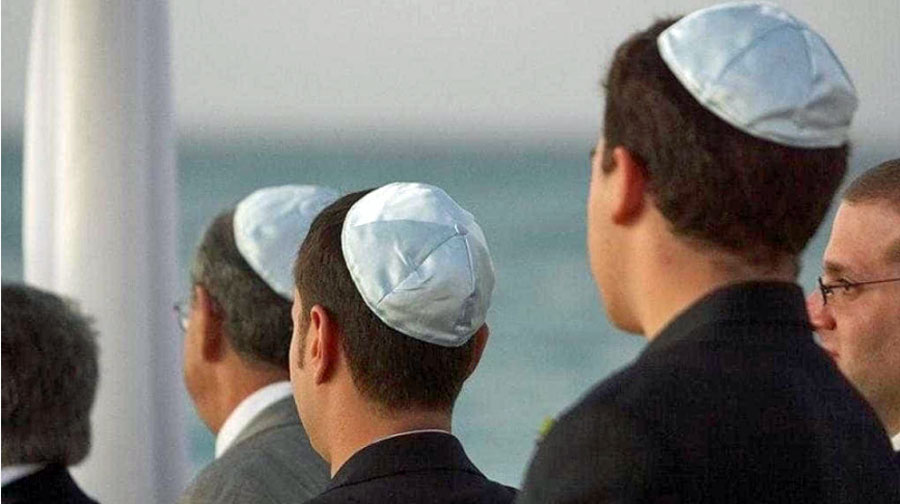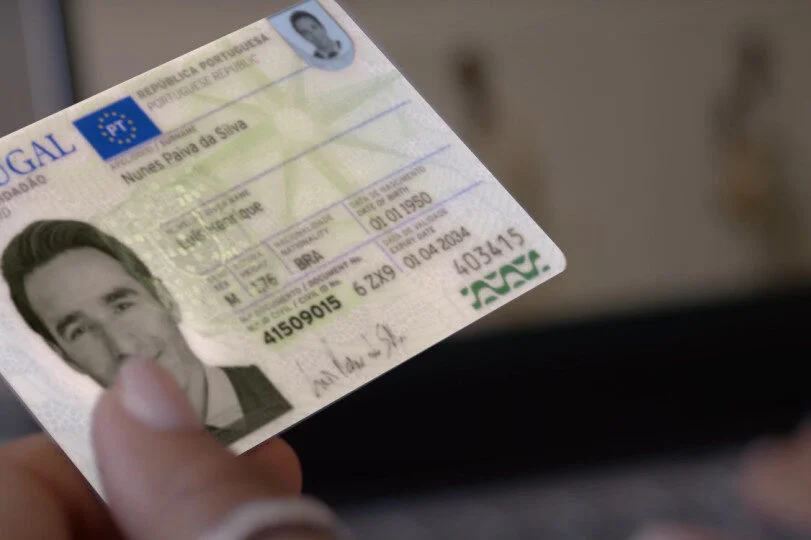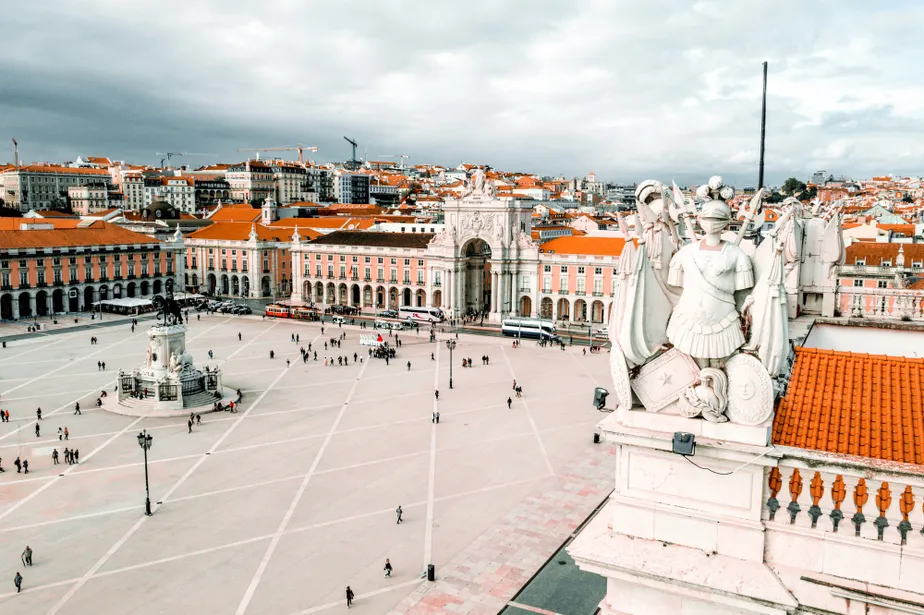The right to historical recovery of Jewish traditions

A little over 10,000 miles separate Andrew's origins from his everyday life in Australia. Born on the main island of Oceania, he currently wants to prove his family tradition and belonging to the Jewish community. He is descended from the Sephardic Jew Isaac de Abraham Dias, who was born around 1680 in Bragança, Portugal, and migrated to London to escape the continued persecution of Jews after their expulsion from the Iberian Peninsula in the 15th century. Part of the family moved from England to Australia, where they have lived for six generations.
Moved that his family members have lived at least two centuries under intense anti-Semitism, Andrew wants to restore the identity of his family lineage in recognition of his ancestors, as well as thousands of Sephardic descendants around the world. Portuguese anthropologist and Master in Anthropology, Teresa Santos, says that the struggle to maintain their traditions marks the history of the Jewish people over the centuries.
She comments that, on December 26, the Jews celebrate the last day of Hanukkah, which dates back to the second century BC, when, after the expulsion of the Syrians and the restitution of the Temple, the Jewish community lit a candle whose oil would one night lasted for eight consecutive days. Andrew says he has often wondered about how Isaac came to London from Bragança and how interesting it must have been for him to be able to claim his Jewish name and worship freely. “I believe it was a period of great resilience. We don't observe Jewish traditions in my house, but I have some close friends who do and invite us to certain holidays. Hanukkah has wonderful traditions – light triumphs over darkness,” he comments.
For Teresa, the Jews seek to keep their origins alive and with Hanukkah they remember the right to freely practice their religion, which means victory against the orders of the Syrian reign, which forced the worship of the Greek gods in the Second Temple and prohibited the practice of Judaism . According to the anthropologist, the same happens when they start the research for the formation of the family tree and the certification with the Jewish communities, in Portugal.
According to her, Andrew's case illustrates well the trajectory of Jews, who are currently spread across all continents. In her eight years of experience in genealogy, Teresa claims that she has already helped thousands of Sephardic descendants of different nationalities, who sought to rescue their origins through genealogical research, certification with the Israeli Community and the right to Portuguese nationality.
In the view of the CEO of Martins Castro and Master of Law, Renato Martins, the Portuguese nationality law for Sephardim makes a connection between past and present, restoring the ancestral rights of the Jewish people. “The legislation also guarantees descendants the expansion of their global mobility, based on the recognition of a nationality from a European state and, consequently, free transit throughout the bloc”.
For Teresa, the impact of the expulsion of Jews from the Iberian Peninsula and the wars caused this Jewish exodus around the world. “The reframing of this belonging by the Portuguese nationality law, for example, is rather a historical reparation on the part of the people of Portugal. We owe this to the Jews,” says the anthropologist, adding that genealogy has merit in this process by revealing, on a scientific-methodological basis, the entire set of information that links one descendant to another.

New Portuguese citizen? Find out how to issue your identity document.
In recent weeks, many nationality processes have been completed, resulting in hundreds of Martins Castro customers now officially Portuguese. […]

Sephardic Jews: do you have to live in Portugal for three years?
Many doubts have arisen about the changes in Portuguese law regarding the acquisition of nationality by descendants of Jews […]

Martins Castro in the Media: Diário do Nordeste (Brazil)
Couple from Fortaleza obtains Portuguese citizenship after discovering Jewish family expelled from European country Decree-Law grants documentation for relatives of […]